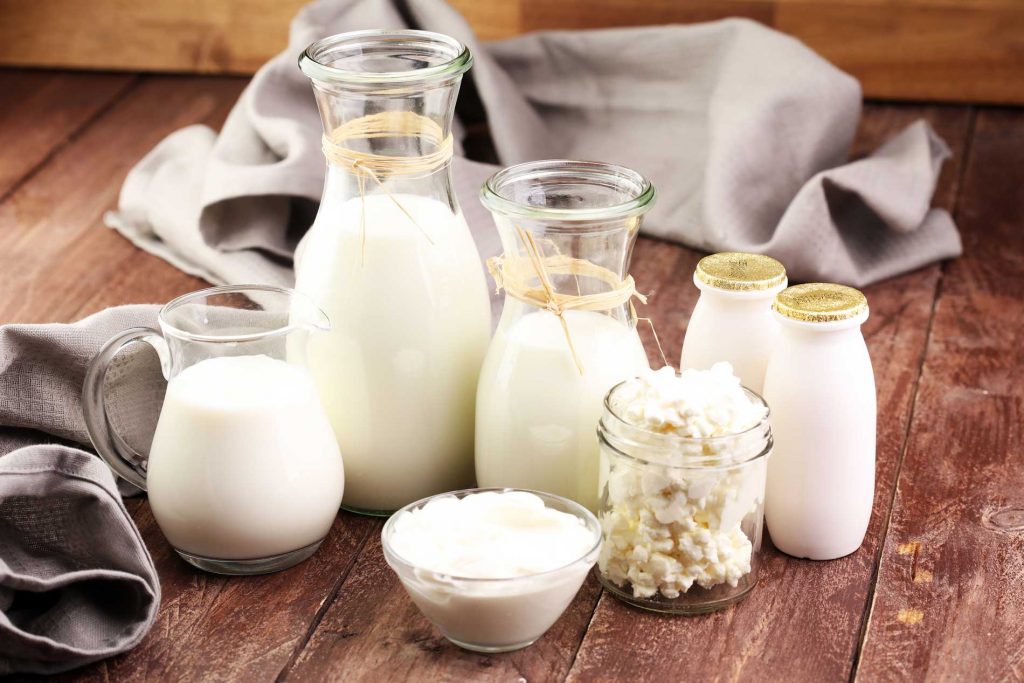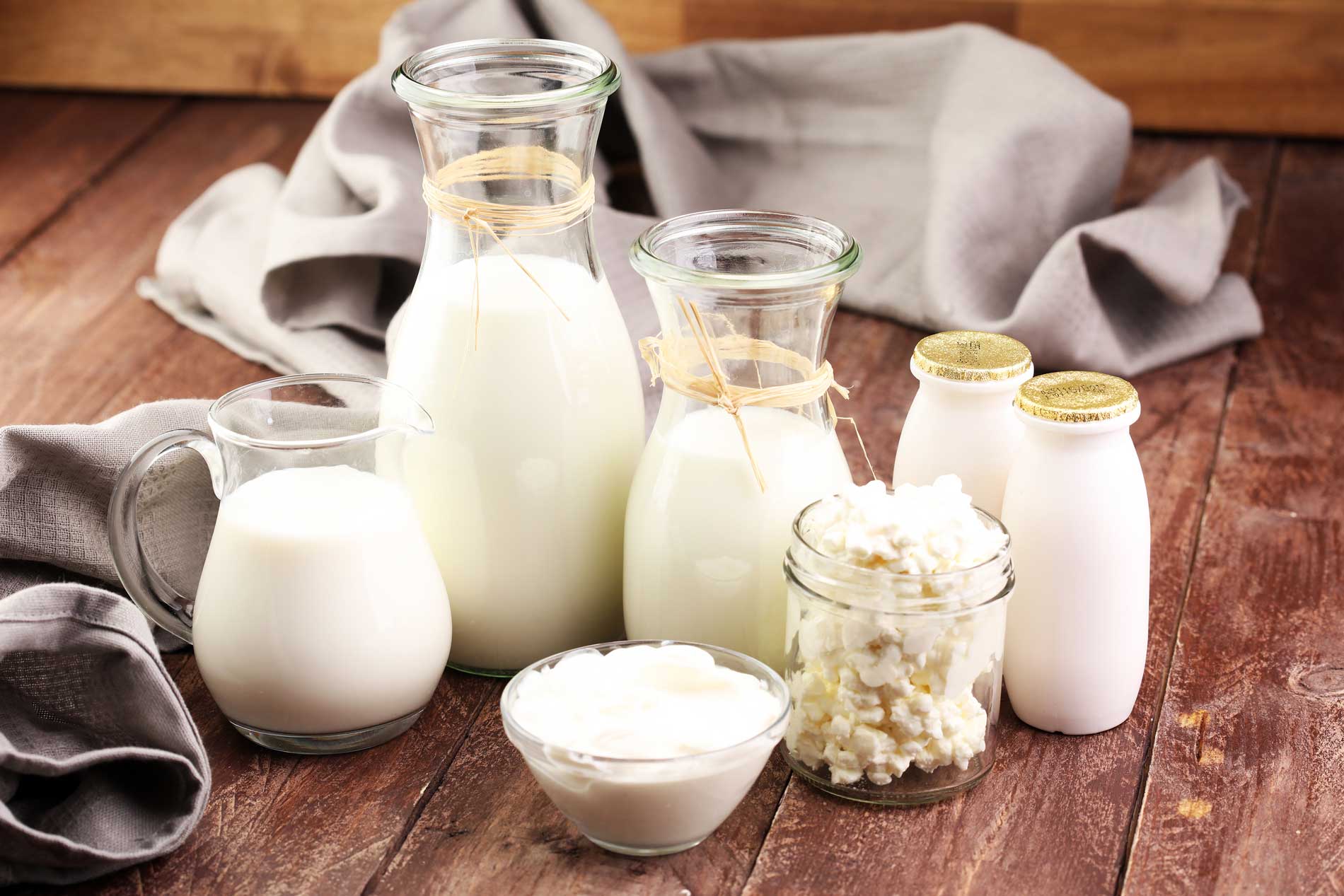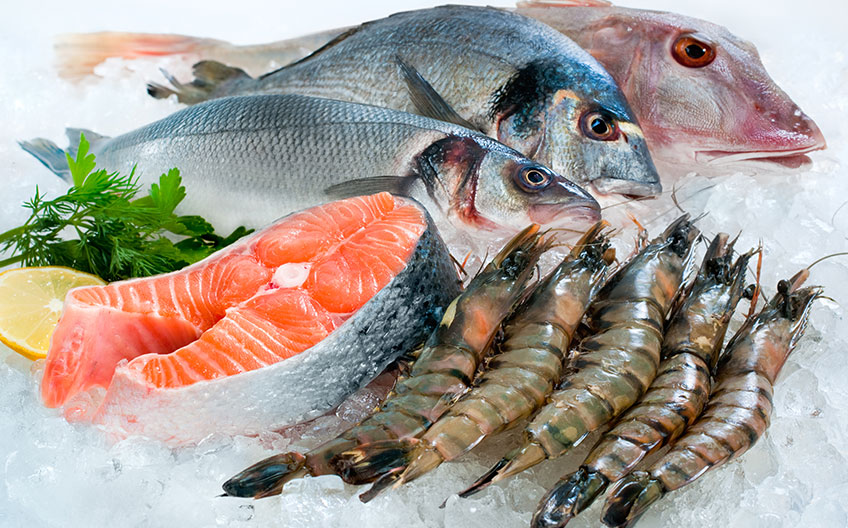Foot fractures, dislocated shoulders, a torn ACL — injuries are the last thing you want to deal with as an athlete. Not only can recovery time be lengthy and painful, but having an injury may also force you to put your passion on the back burner for some time. The good news is that you can speed up injury recovery time and prevent future injuries from happening simply by having a few specific nutrients in your diet. Let’s look closer at the nutrients you need to speed up injury recovery, and the best ways to get more of them in your diet.
Contents
Nutrients You Need to Speed Up Injury Recovery
1. Collagen
Collagen is the major structural protein in the body. In fact, we’re made up of 25-35% collagen. It’s sometimes described as the glue that holds us together.
Your body naturally produces collagen. But once we hit age 25, our collagen production begins to decline. This means that wound healing and injury recovery time can take longer the older you get.
When you hear the word collagen, you may automatically think of skin. And it’s true, collagen is an essential nutrient for wound healing and healthy skin. However, type one collagen also makes up our bones, tendons, connective tissue, and muscles. That is why it’s one of the most important nutrients for maintaining bone and joint health, as well as speeding up recovery time for strains, sprains, and other soft tissue injuries.
Collagen also contains the amino acids proline and glycine, which are natural anti-inflammatories and powerful immune system boosters. Immune system cells are the first to respond to any form of injury and stimulate the body’s healing process — which is why supporting immunity through your diet is the most important place to begin for wound and injury healing.
2. Gelatin
The words gelatin and collagen are often used interchangeably in the health realm, but they do have a few differences when it comes to texture, processing and digestibility. In terms of nutrient profile, they’re the exact same — so when you take gelatin, you’ll also get the same health benefits as you would from collagen.
Now, collagen is simply gelatin that’s been more aggressively processed (a.k.a. hydrolyzed) to form a finer texture. Some people find collagen easier to digest than gelatin due to the extra processing, and it’s said to be less likely to cause digestive symptoms, such as gas and bloating. Gelatin is made from boiling down animal bones, and turns into a gel when it’s mixed with liquid (hence the name).
3. Dairy Department
Both are good sources of protein—milk and yogurt also contain calcium, which repairs bone and muscle. The vitamin D in dairy products improves calcium absorption and helps injured muscle and bone heal. A 2010 study published in the Journal of Bone and Joint Surgery reported that boosting this nutrient’s levels in deficient patients produced earlier results.
4. Cereal Aisle
It contains zinc, a proven asset to the immune system and to healing wounds. Along with red meat, fortified cereals are the best sources (some deliver 100 percent of your recommended daily value). By itself, zinc doesn’t repair damaged tissue, but it assists the nutrients that do.
5. Seafood Section
In addition to an added protein bonus, fish is packed with omega-3s, fatty acids which quench the inflammation that slows recovery from tendinitis, bone fractures, and sprained ligaments.
6. Arginine
Arginine is an amino acid that’s essential for wound healing, and has been shown to help speed up injuries by encouraging the body to deposit collagen in wounds.
Arginine is considered a conditionally essential amino acid, because healthy adults can usually produce arginine on their own. However, arginine does become essential during periods of stress, including physical stressors, which means it’s extremely important to get it through your diet when you’ve encountered an illness or injury.
Best Food Sources of Arginine:
- Turkey
- Spinach
- Chicken
- Spirulina
- Organic dairy products (cheese, yogurt, kefir)
- Bone broth
Depending on the severity of the injury or wound, supplementing with arginine could be helpful. Be sure to check in with a qualified healthcare practitioner before taking any new supplements, and to determine the right dosage for you.
7. Ornithine

As supplemental arginine has shown benefit in wound healing and ornithine is the main metabolite of arginine, researchers have speculated that ornithine might also show similar benefits.
The mechanisms of action for ornithine in wound healing somewhat overlap those of arginine. Ornithine can be converted to the amino acid proline, which is essential in collagen deposition. Ornithine supplementation can improve protein metabolism in burn/trauma patients.
Studies using ornithine in trauma/injury situations have shown that ornithine can shorten healing time, increase healing strength, and increase nitrogen retention. Human doses in these studies have been in the 20-30 g/day range (10 g 2-3x per day) with larger doses having the greatest effect.




